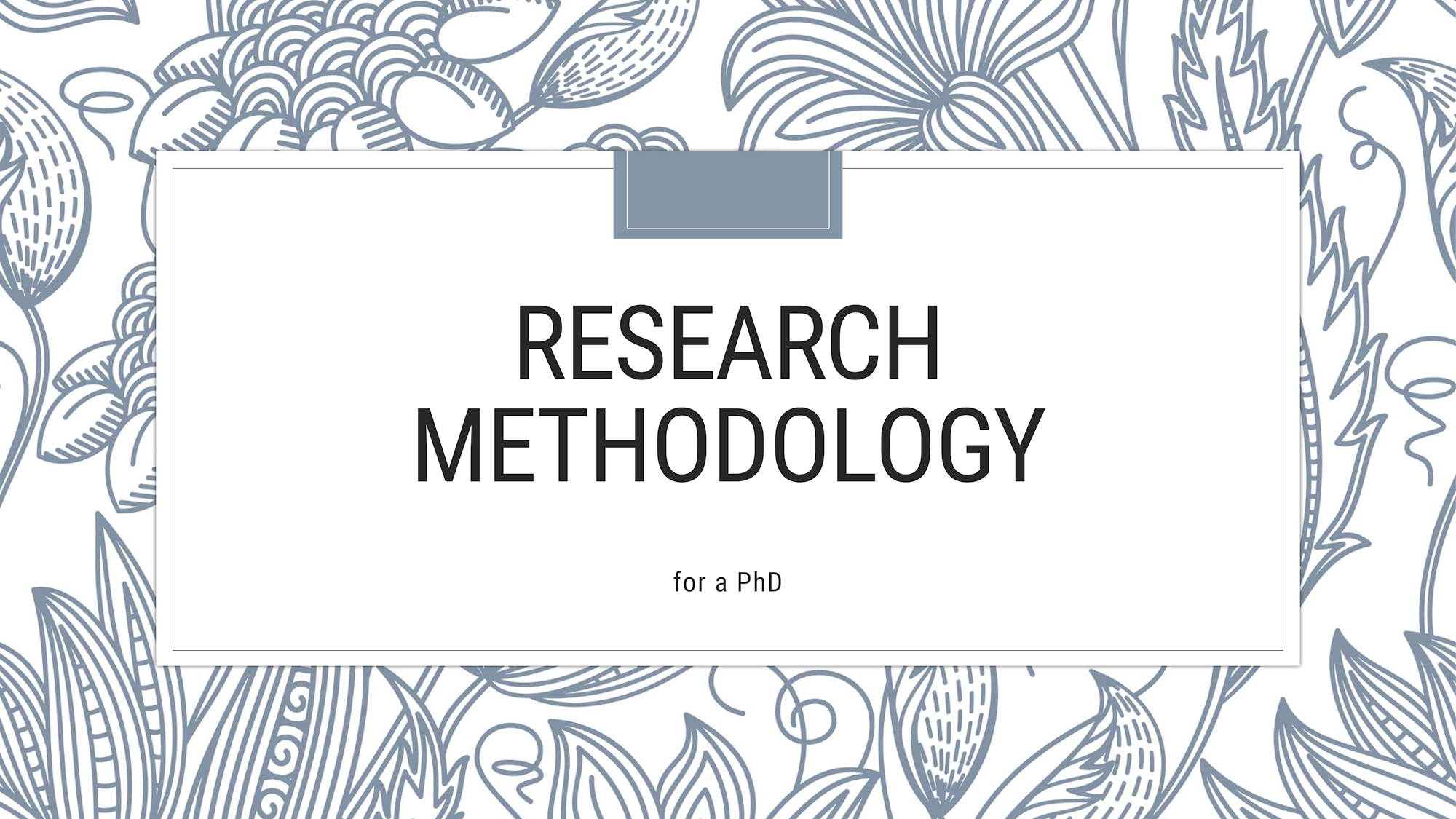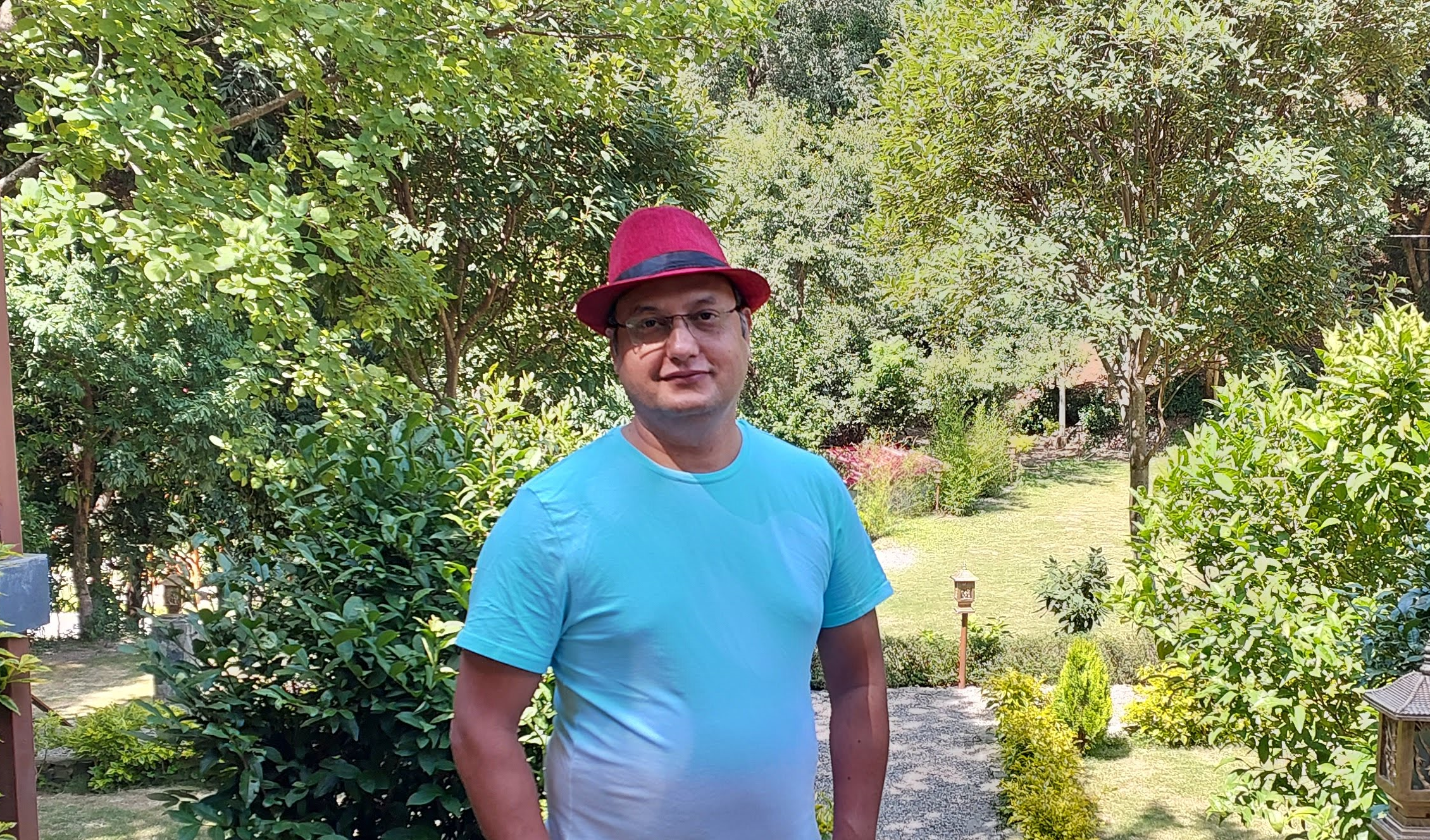
Research methodology for a PhD refers to the systematic and structured approach that a student chooses to conduct their research investigation. It includes the methods, techniques, and tools used to collect, analyze, and interpret data in order to answer the research question or hypothesis. The choice of research methodology depends on the nature of the research problem, the field of study, and the goals of the research. Here are some common research methodologies used in PhD research:
- Experimental Methods: This involves manipulating variables and measuring their effect on a dependent variable. Experimental methods are often used in natural sciences, social sciences, and engineering.
- Survey Methods: Surveys are used to collect data from a large number of participants and can be administered online, by phone, or in person. They are useful for studying attitudes, opinions, and behaviors in various fields such as psychology, sociology, marketing, and education.
- Case Study Methods: Case studies involve an in-depth analysis of a single case or a small number of cases. They are useful for gaining detailed insights into a particular phenomenon or situation, and are commonly used in fields such as psychology, sociology, business, and law.
- Content Analysis: Content analysis involves analyzing texts, images, or other forms of media to identify patterns, themes, or meanings. It is commonly used in fields such as communication studies, political science, anthropology, and literature.
- Ethnographic Methods: Ethnography involves observing and participating in people’s daily lives to understand their cultural practices, beliefs, and values. It is commonly used in fields such as anthropology, sociology, and consumer behavior.
- Grounded Theory Methods: Grounded theory involves developing a theory based on empirical data collected through interviews, observations, or other sources. It is commonly used in fields such as sociology, psychology, nursing, and education.
- Historical Methods: Historical methods involve analyzing historical documents, artifacts, and other sources to reconstruct past events or phenomena. They are commonly used in fields such as history, philosophy, and archeology.
- Longitudinal Methods: Longitudinal studies involve collecting data over a long period of time to track changes, developments, or patterns. They are commonly used in fields such as psychology, education, healthcare, and aging studies.
- Observational Methods: Observational methods involve collecting data without intervening or manipulating the environment. They are commonly used in fields such as astronomy, biology, ecology, and environmental science.
- Quasi-Experimental Methods: Quasi-experimental methods involve manipulating variables but not randomly assigning participants to different groups. They are commonly used when it is not feasible or ethical to use random assignment.
- Secondary Data Analysis: Secondary data analysis involves using existing data to answer new research questions. It is commonly used in fields such as economics, finance, marketing, and public health.
- Structured Interview Methods: Structured interviews involve asking standardized questions to collect data from participants. They are commonly used in fields such as psychology, sociology, marketing, and human resources.
- Focus Group Methods: Focus groups involve facilitated discussions with a small group of participants to gather qualitative data. They are commonly used in fields such as marketing, advertising, and public health.
- Mixed Methods: Mixed methods combine both quantitative and qualitative methods to provide a more comprehensive understanding of a research topic. They are commonly used in fields such as education, healthcare, and social sciences.
These are just a few examples of research methodologies used in PhD research. The specific methodology chosen will depend on the research question, the field of study, and the preferences and skills of the researcher.

Dr. Amit is a seasoned IT leader with over two decades of international IT experience. He is a published researcher in Conversational AI and chatbot architectures (Springer & IJAET), with a PhD in Generative AI focused on human-like intelligent systems.
Amit believes there is vast potential for authentic expression within the tech industry. He enjoys sharing knowledge and coding, with interests spanning cutting-edge technologies, leadership, Agile Project Management, DevOps, Cloud Computing, Artificial Intelligence, and neural networks. He previously earned top honors in his MCA.



